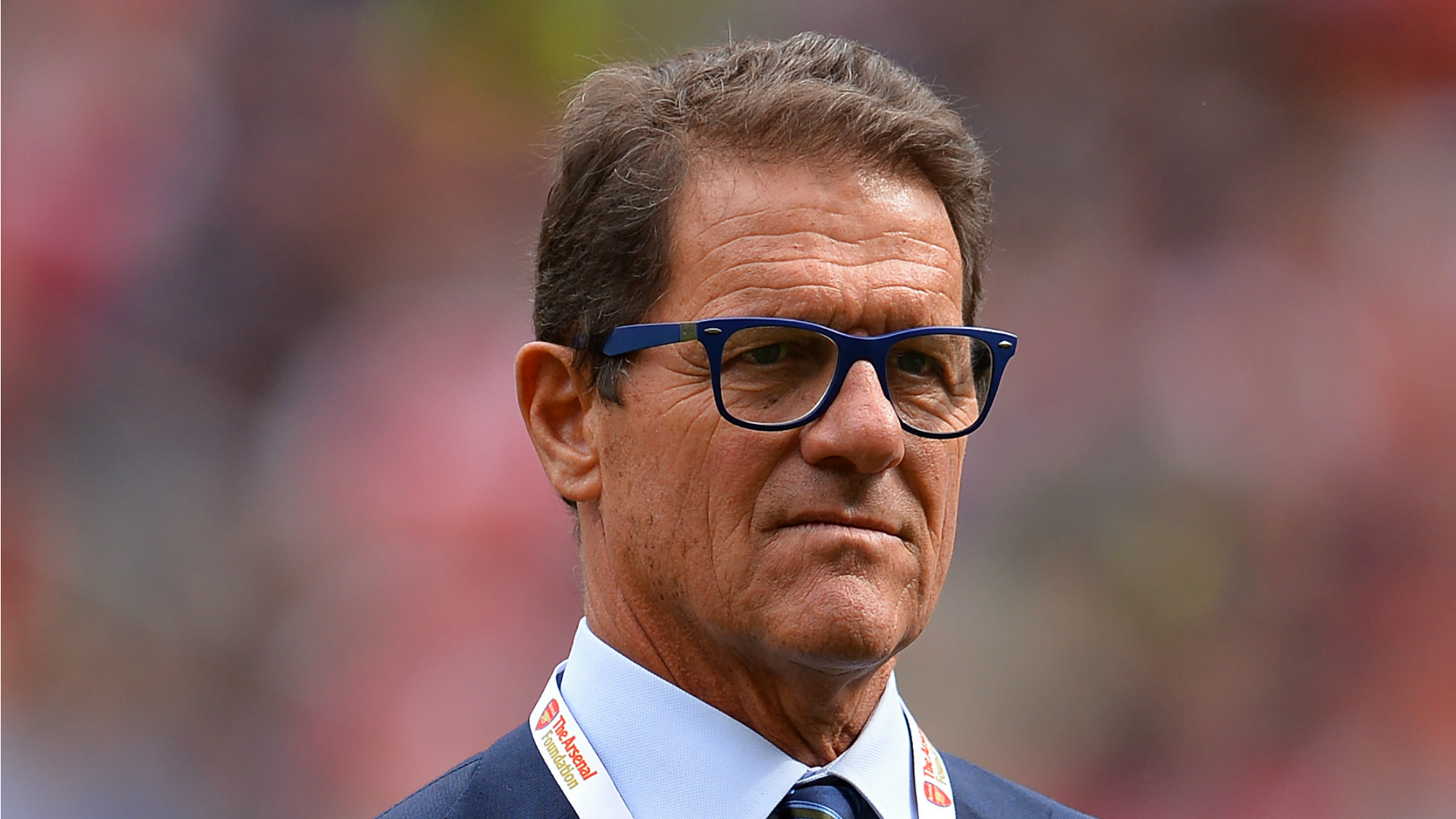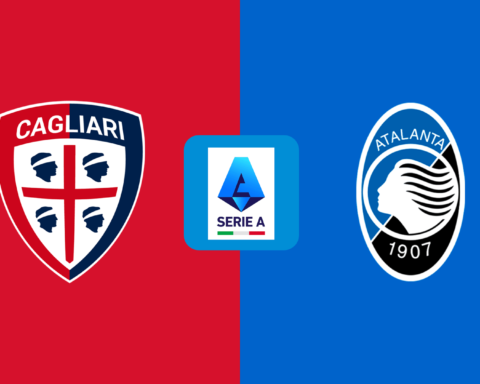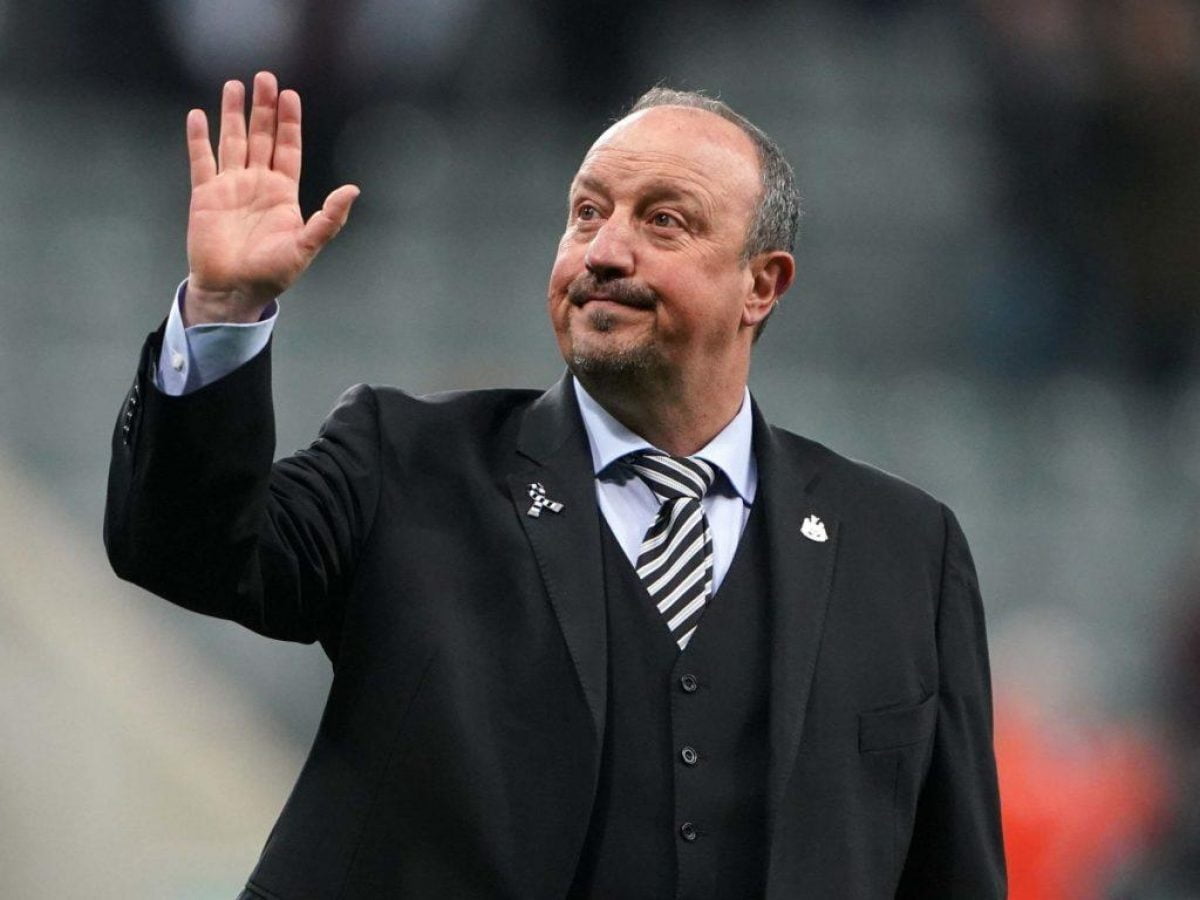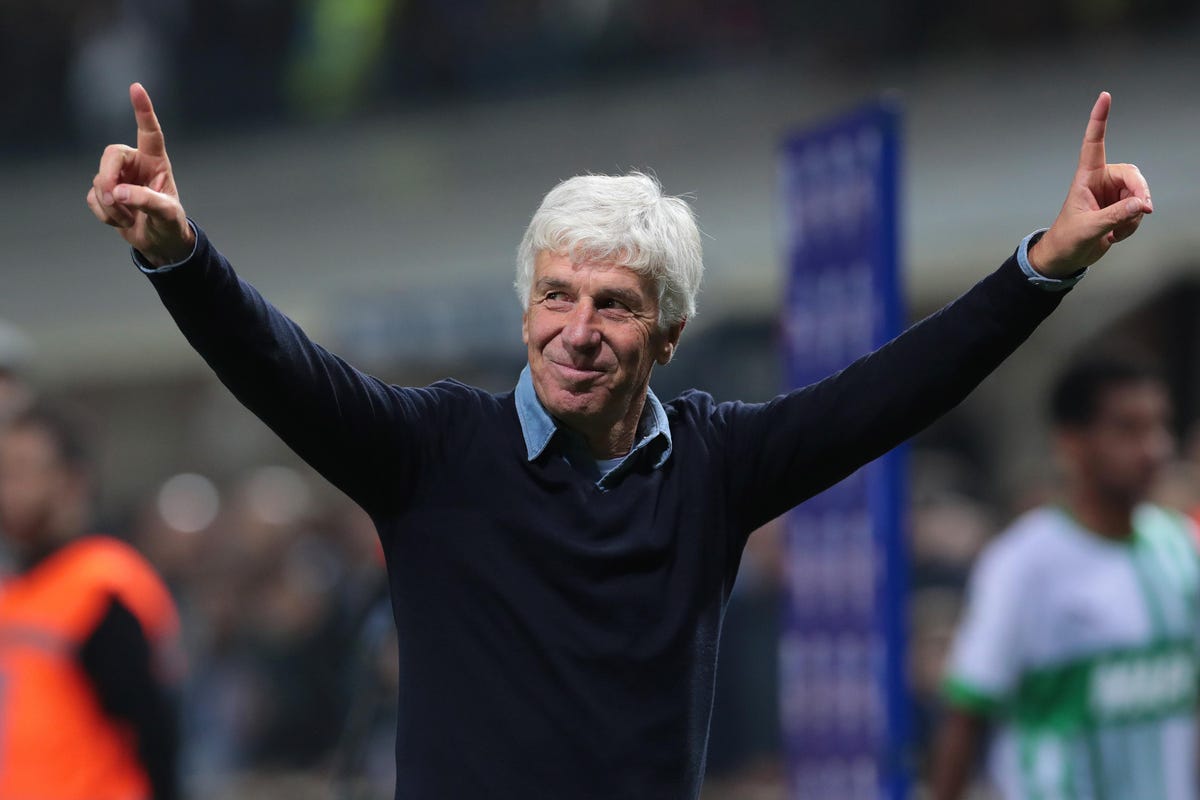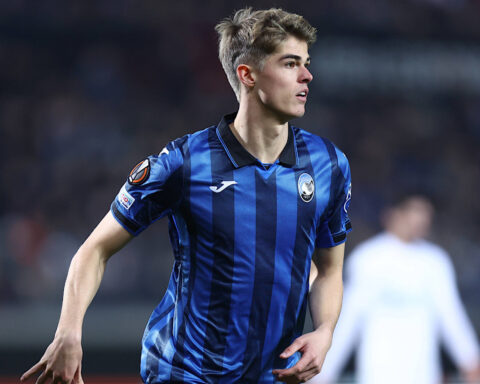Former coach Fabio Capello has weighed in on Atalanta’s impressive run in Serie A, highlighting their European style of play and ability to grind out results. With eight consecutive victories in the league, Atalanta has firmly established itself as a top contender, sitting just one point behind league leaders Napoli.
Capello praised Atalanta’s performance against Roma, noting their ability to win even when not at their best. “It wasn’t Atalanta’s best performance, but they still managed to win at Roma’s home. This is another sign of their awareness, maturity, and strength,” Capello remarked.
The ex-coach emphasized Gasperini’s role in Atalanta’s success, describing him as “one of the best coaches in Italy and Europe.” Capello explained, “What Gasperini does isn’t magic, it’s work. He gets into the players’ heads and convinces them to behave in a certain way both in training and in matches, both technically-tactically and physically.”
Capello highlighted Atalanta’s distinctive playing style, saying, “They practice vertical, aggressive, and intense football. His teams consistently reach the end line and score a lot as a result. The suffocating one-on-one play – at high speed – is now a registered trademark: Atalanta is the most European of Italian teams.”
The impact of Atalanta’s Europa League victory last season continues to boost the team’s confidence. Capello noted, “Winning helps you win more. When you lift a trophy, you immediately want to lift another. The Cup is in the trophy cabinet, but the effect of that triumph continues and transmits personality to the team and the environment.”
While acknowledging that Atalanta isn’t the favorite for the Scudetto, Capello believes they have a real chance. “Atalanta will fight until the end with Napoli and Inter for the title,” he predicted. “Gasperini’s team has learned how to win and can repeat it. As they say in these cases: it doesn’t happen, but if it does… we’ll be talking about a result comparable only to Osvaldo Bagnoli’s Verona in 1985 and Manlio Scopigno and Gigi Riva’s Cagliari in 1970.”

